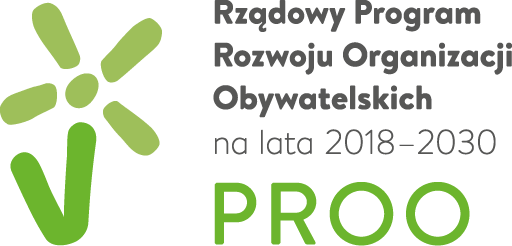Under the Polish legal system, people leaving penitentiary units can benefit from support, which is offered from two sources:
According to the duties imposed on municipalities, one of their tasks is to provide support to people who face difficulties in reintegration after release from prison. Interestingly, the legislator did not specify that this assistance should be provided to persons leaving detention centers, thus narrowing the category of recipients of the activities of Social Assistance Centers.
There are no specific regulations governing how long a person can receive social support after leaving prison. Therefore, the continuation of difficulties in adapting to life outside prison may be the basis for the use of assistance. A key role here is played by social workers, whose job is to support the adaptation process, especially in the vocational and housing aspects.
These people require support in social reintegration and adaptation to new living conditions. Assistance includes material support, counseling, social work and therapy. The main goal of social assistance is to prevent the marginalization of these people, their social isolation and to counteract problems such as alcoholism and drug addiction.
A person serving a sentence of imprisonment in prison is not entitled to social assistance benefits. This right is restored after leaving prison, but requires reapplying for it. The exception is the situation of serving a sentence under the electronic surveillance system, where the sentence is served outside the prison, for example, at home. Temporary detainees have their right to social assistance benefits suspended for the duration of their detention, which is reinstated upon their release.



Funded by the National Liberty Institute – Center for Civil Society Development under the Government Program for the Development of Civic Organizations for 2018-2030.

